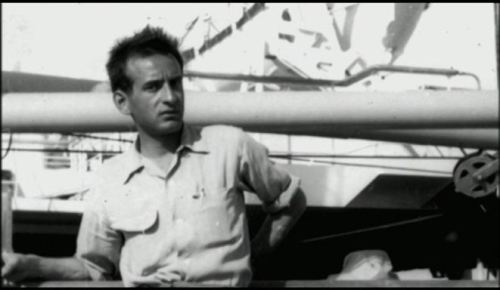I looked at myself in the mirror. A skeleton stared back at me.
Nothing but skin and bone.
It was the image of myself after death. It was at that instant that the will to live awakened within me.
Without knowing why, I raised my fist and shattered the glass, along with the image it held. I lost consciousness.
After I got better, I stayed in bed for several days, jotting down notes for the work that you, dear reader, now hold in your hands.
But…
…Today, ten years after Buchenwald, I realize that the world forgets. Germany is a sovereign state. The German army has been reborn. Ilse Koch, the sadist of Buchenwald, is a happy wife and mother. War criminals stroll in the streets of Hamburg and Munich. The past has been erased, buried.
Germans and anti-Semites tell the world that the story of six million Jewish victims is but a myth, and the world, in its naïveté, will believe it, if not today, then tomorrow or the next day.
So it occurred to me that it might be useful to publish in book form these notes taken down in Buchenwald.
I am not so naïve as to believe that this work will change the course of history or shake the conscience of humanity.
Books no longer command the power they once did.
Those who yesterday held their tongues will keep their silence tomorrow.
That is why, ten years after Buchenwald, I ask myself the question, “Was I right to break that mirror?”
–Elie Wiesel, 1955
Translation from Un di Velt Hot Geshvign (And the World Was Silent)
